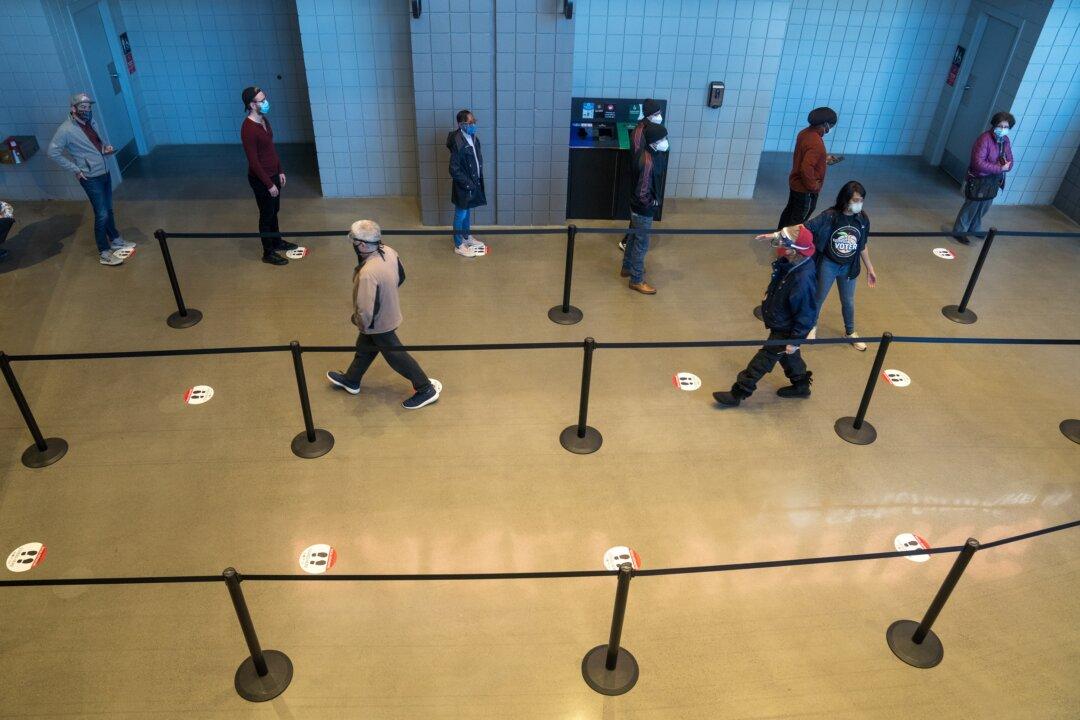A federal judge on Dec. 28 ordered two counties in Georgia to stop the removal of thousands of voters from voter rolls.
Election boards in Ben Hill and Muscogee counties this month ruled there was probable cause to sustain challenges to thousands of registered voters. The challenges cited the U.S. Postal Service’s National Change of Address in asserting that some voters had moved to a different county or state.





